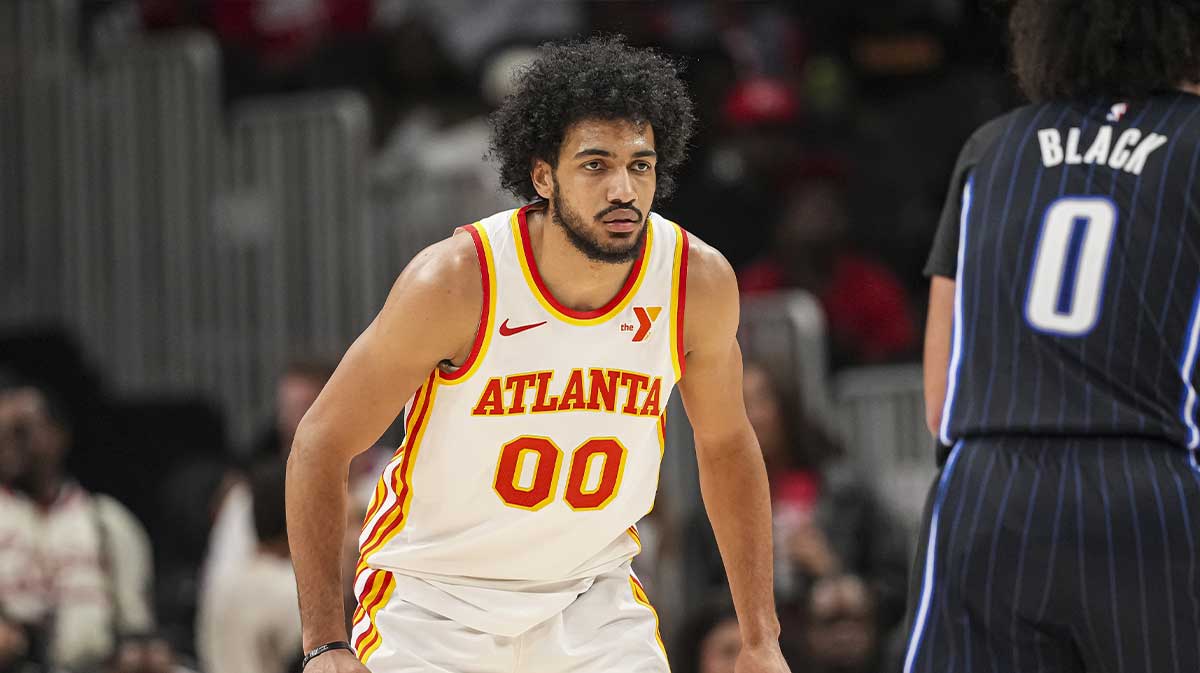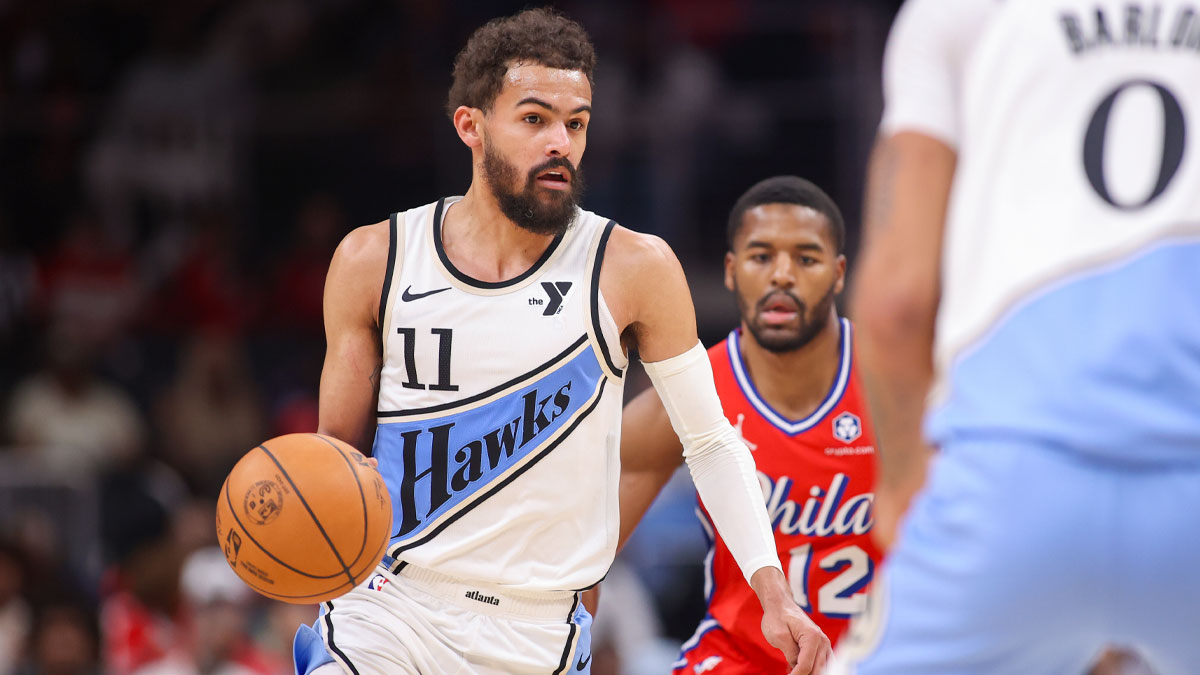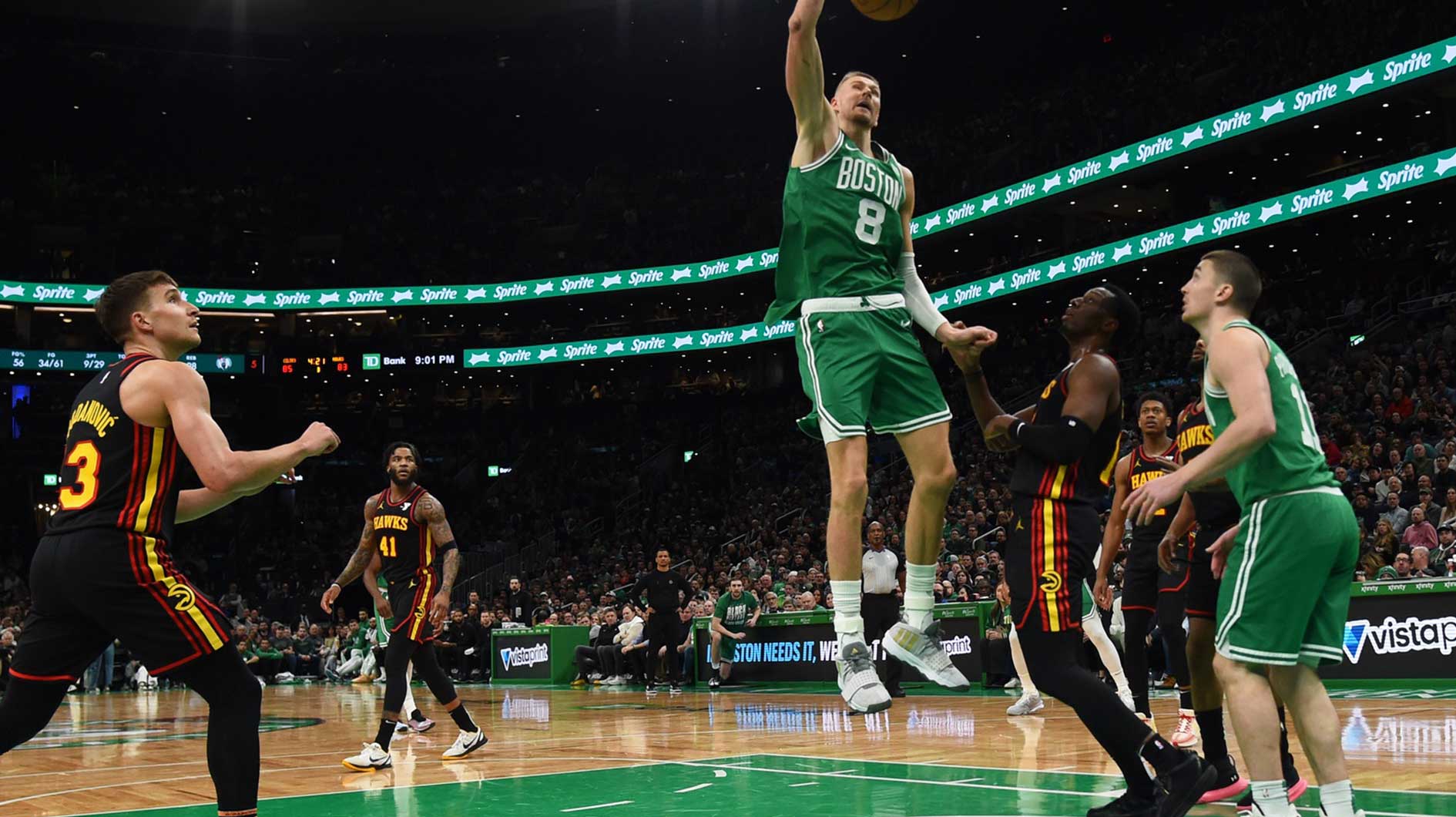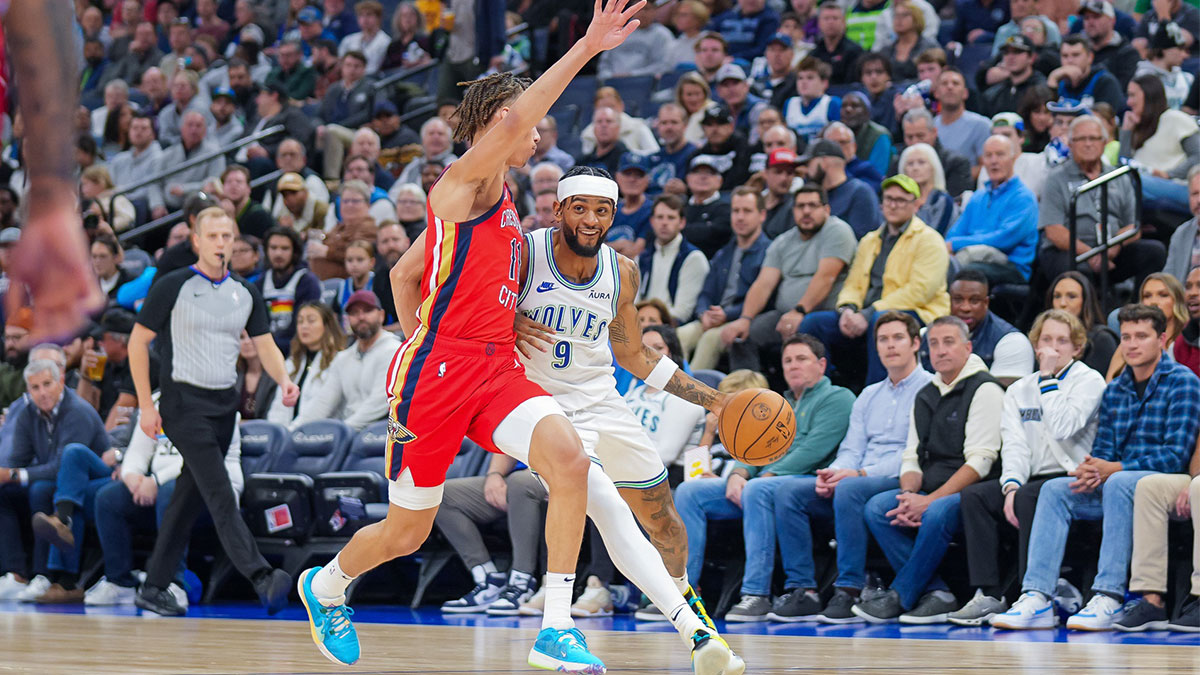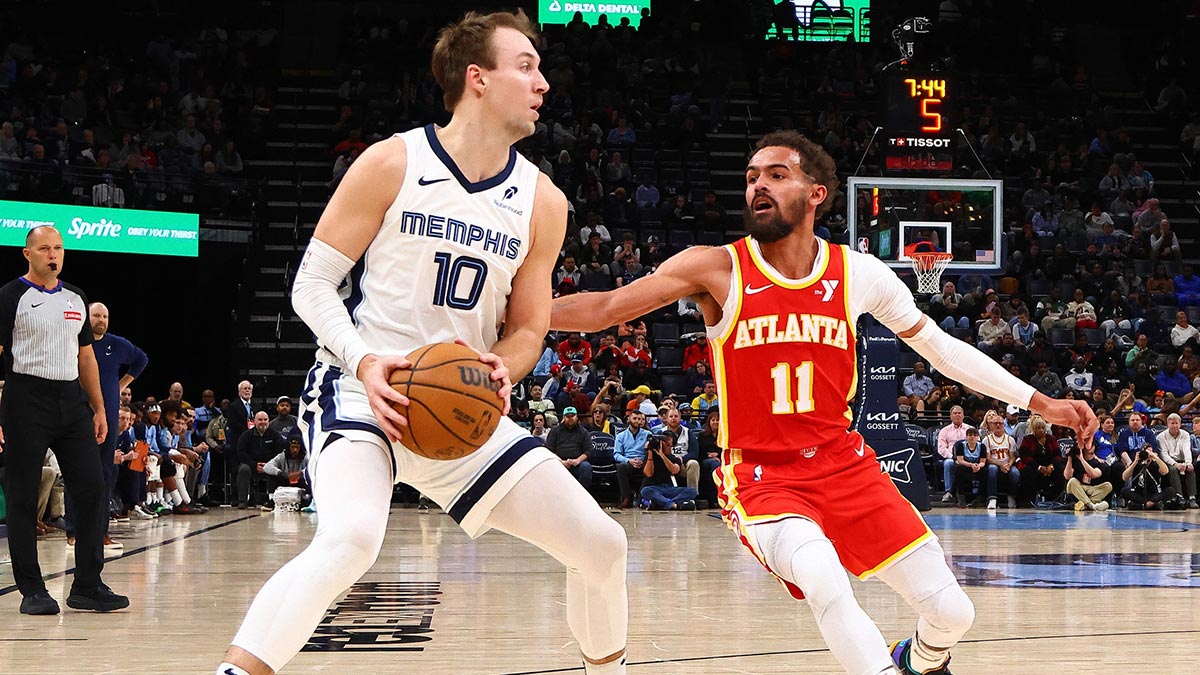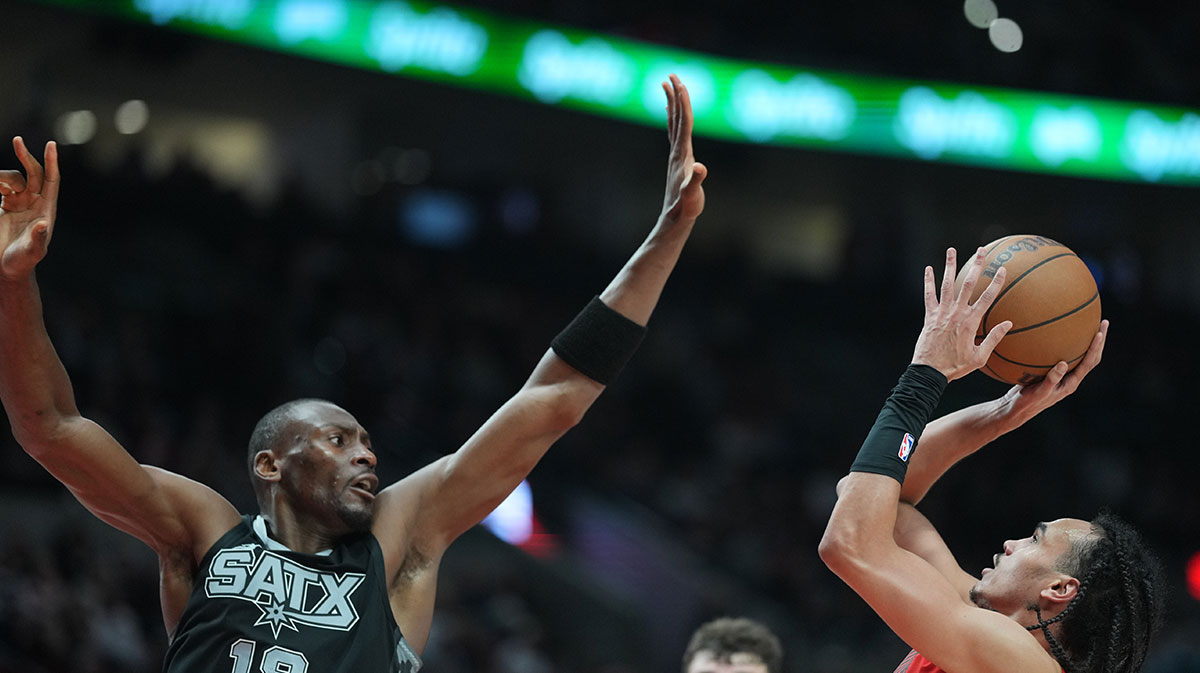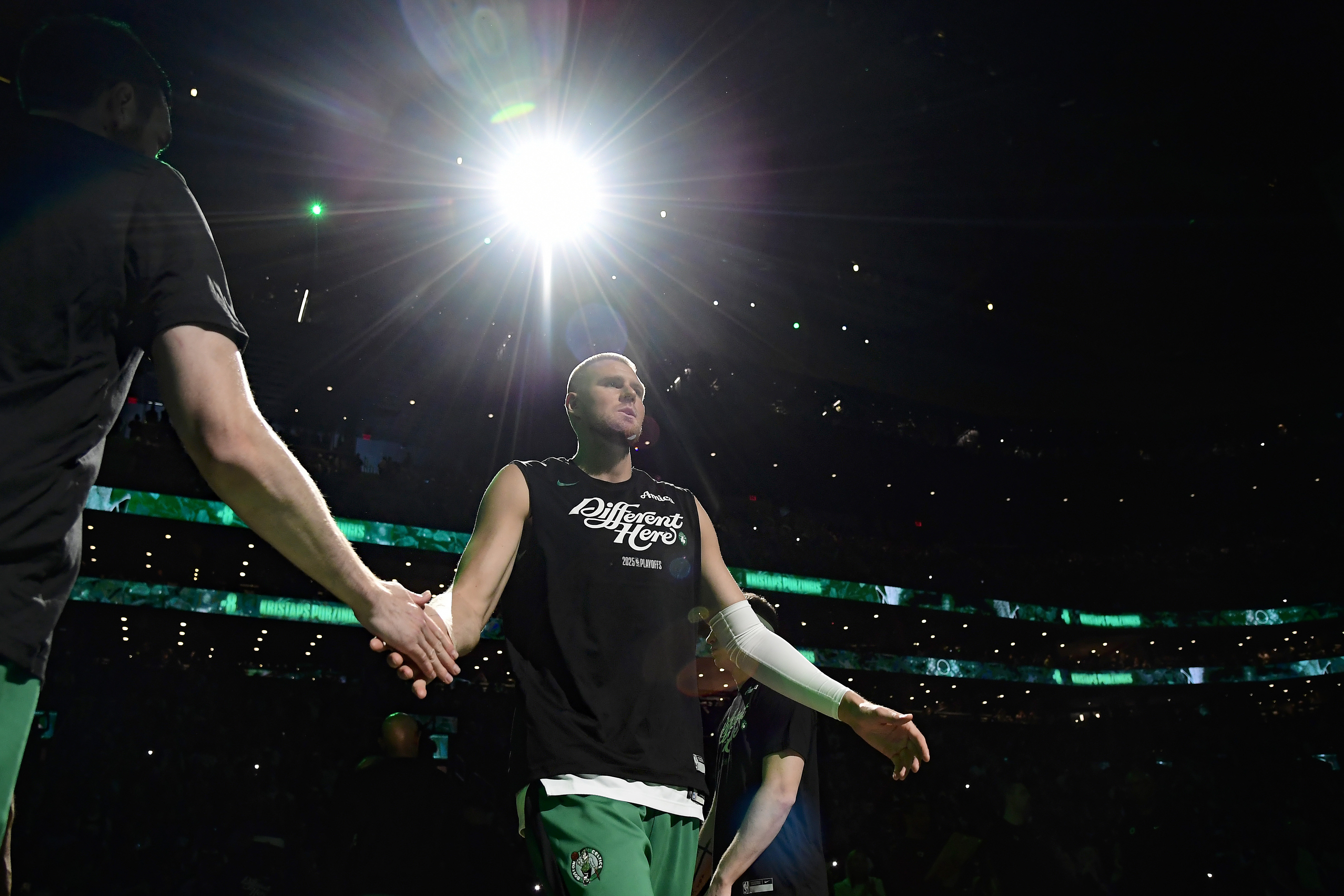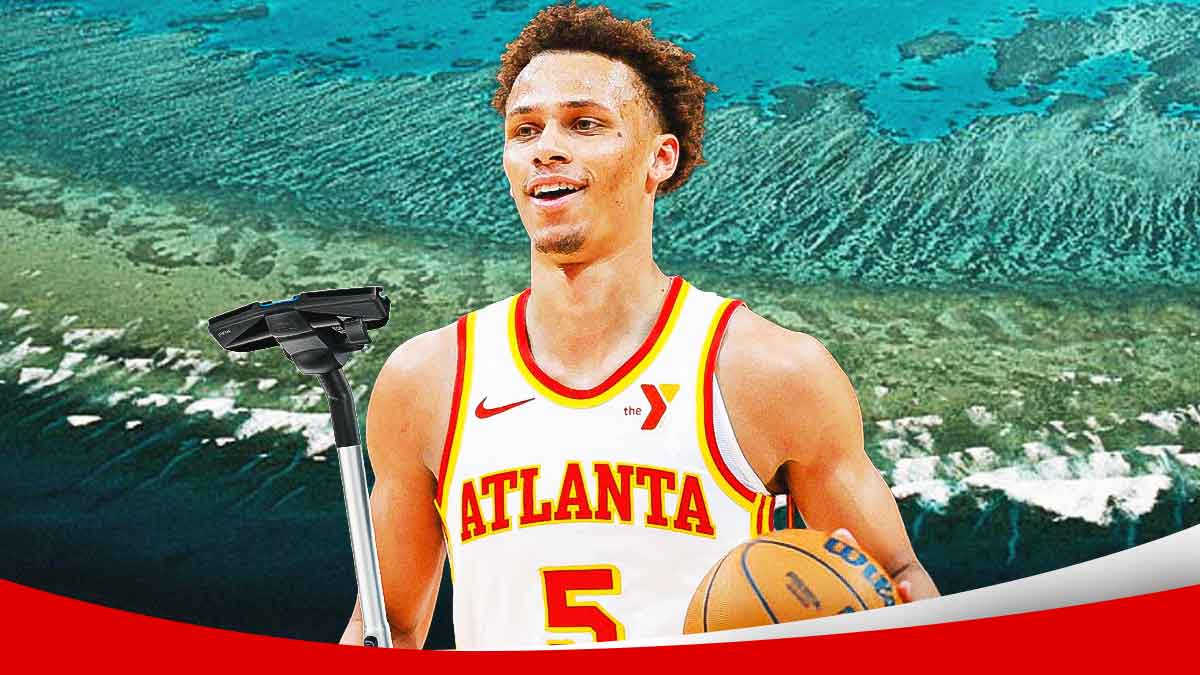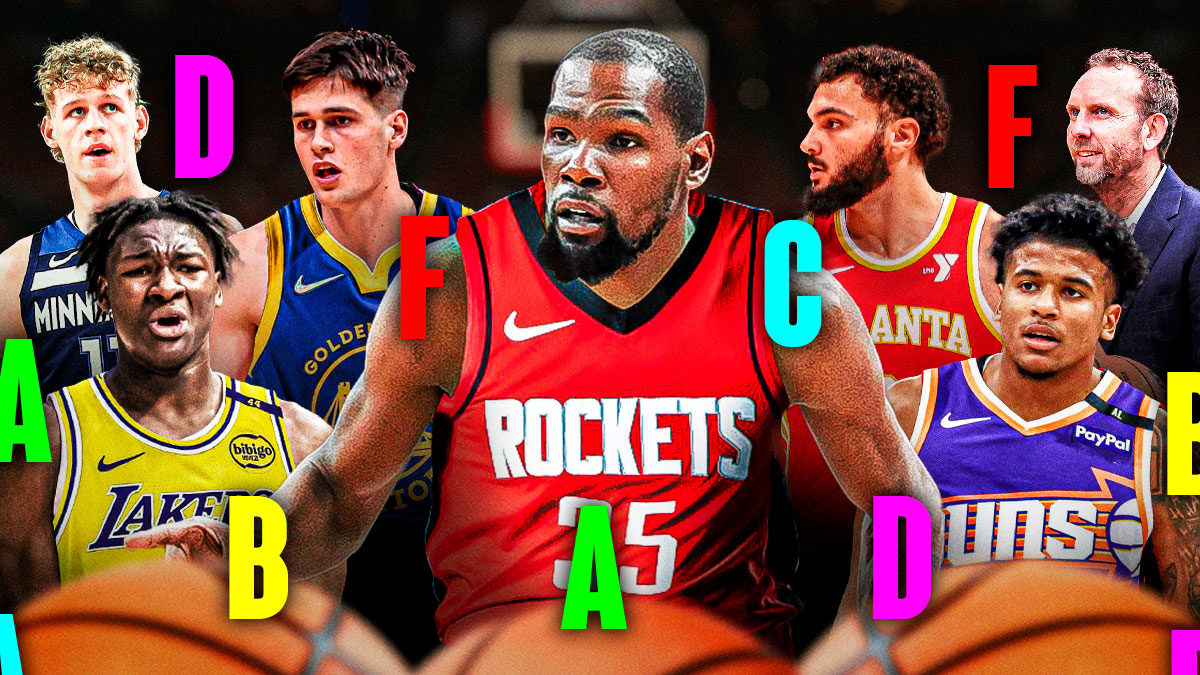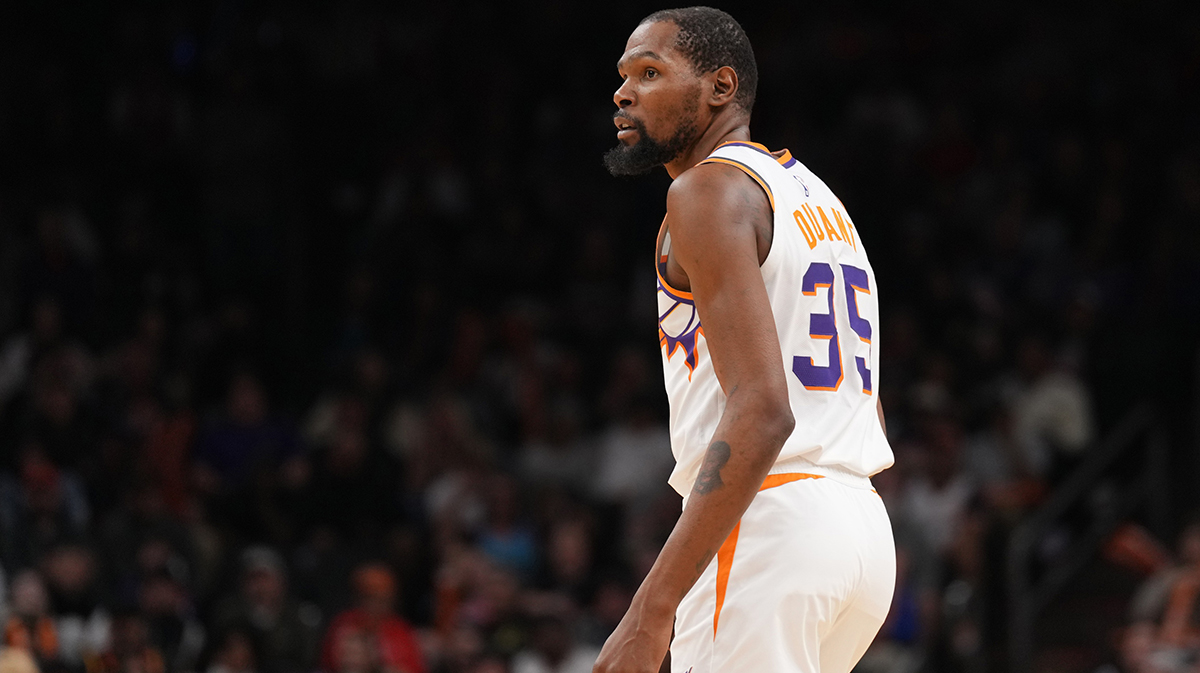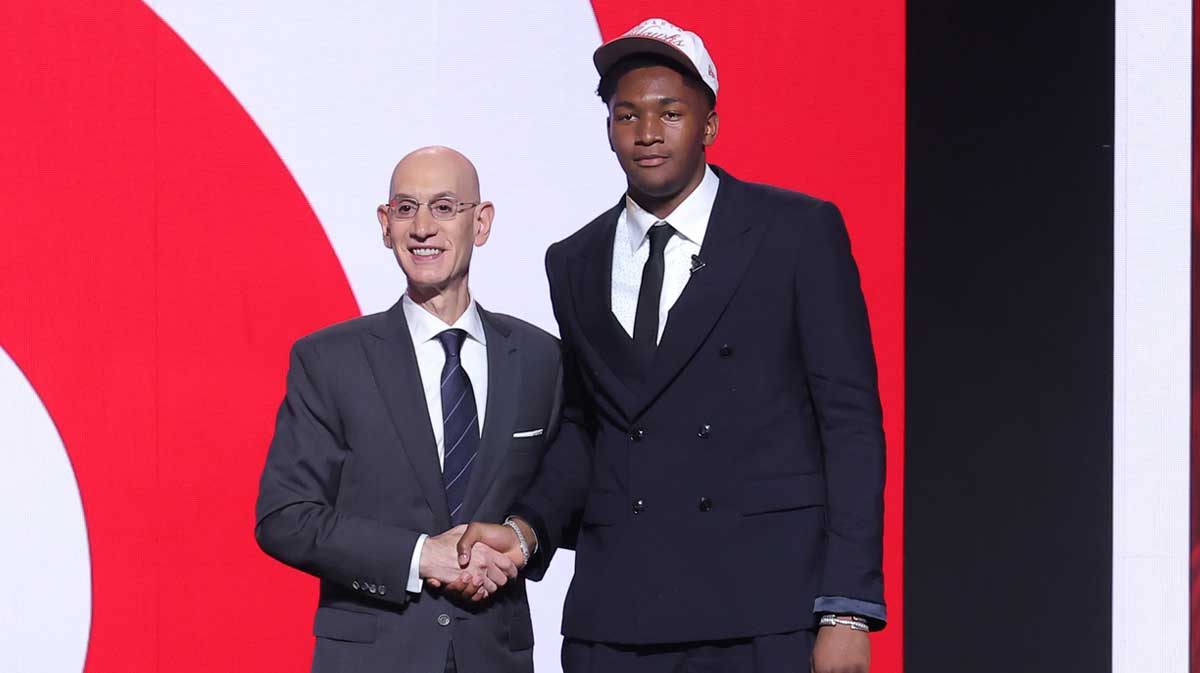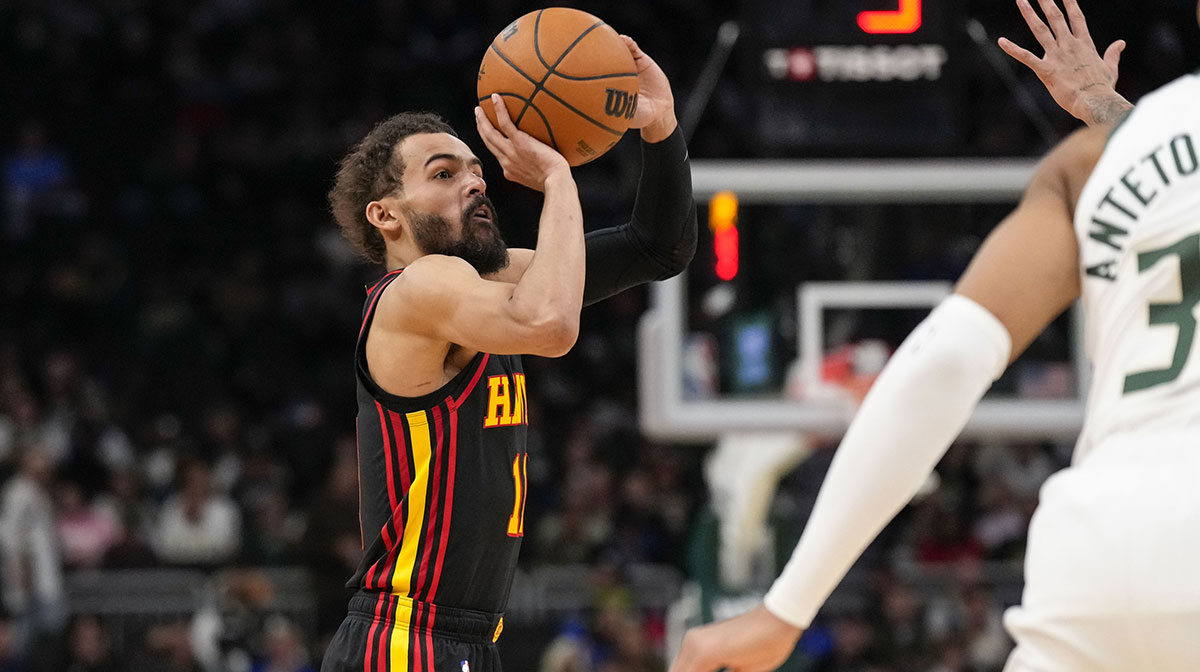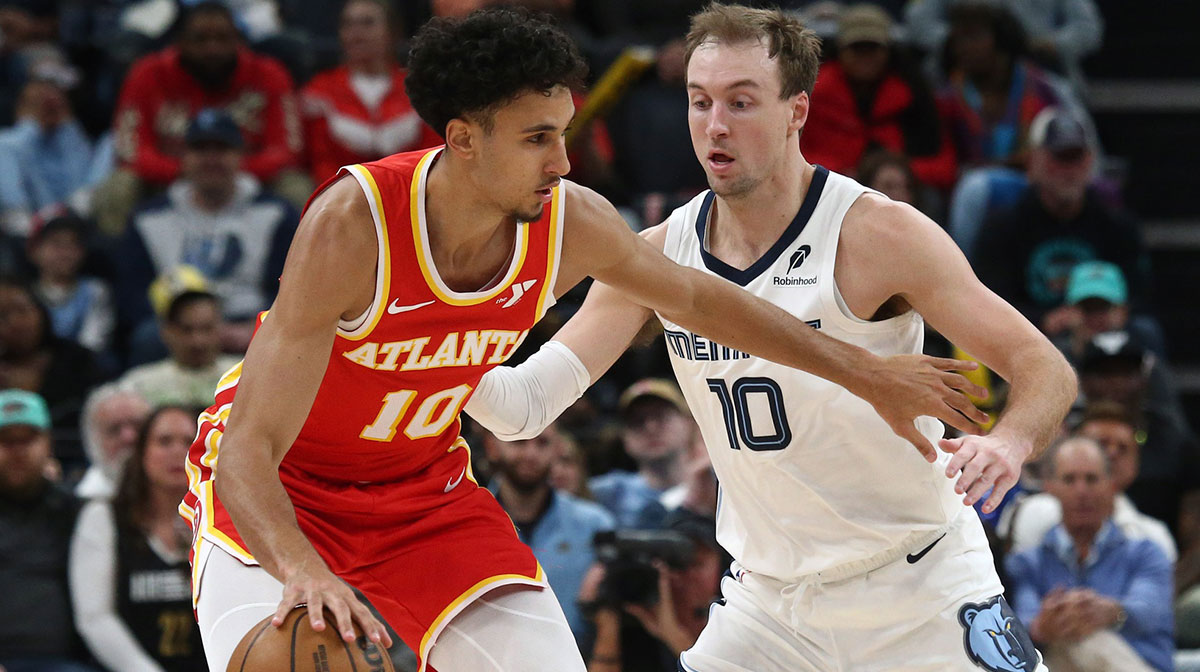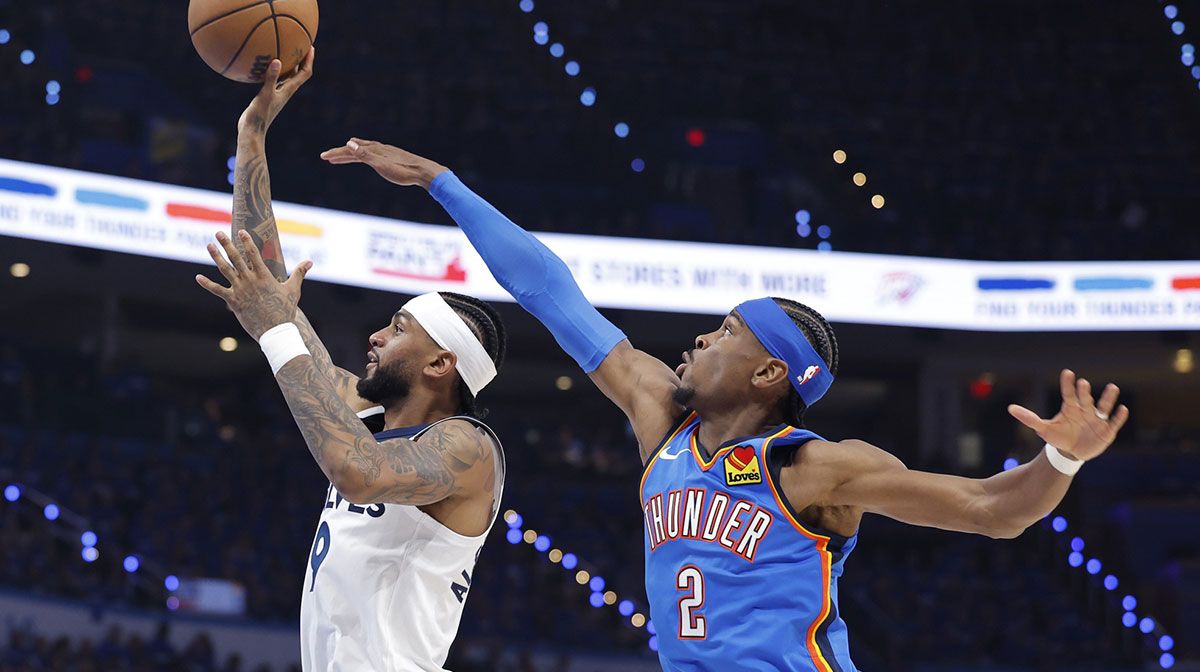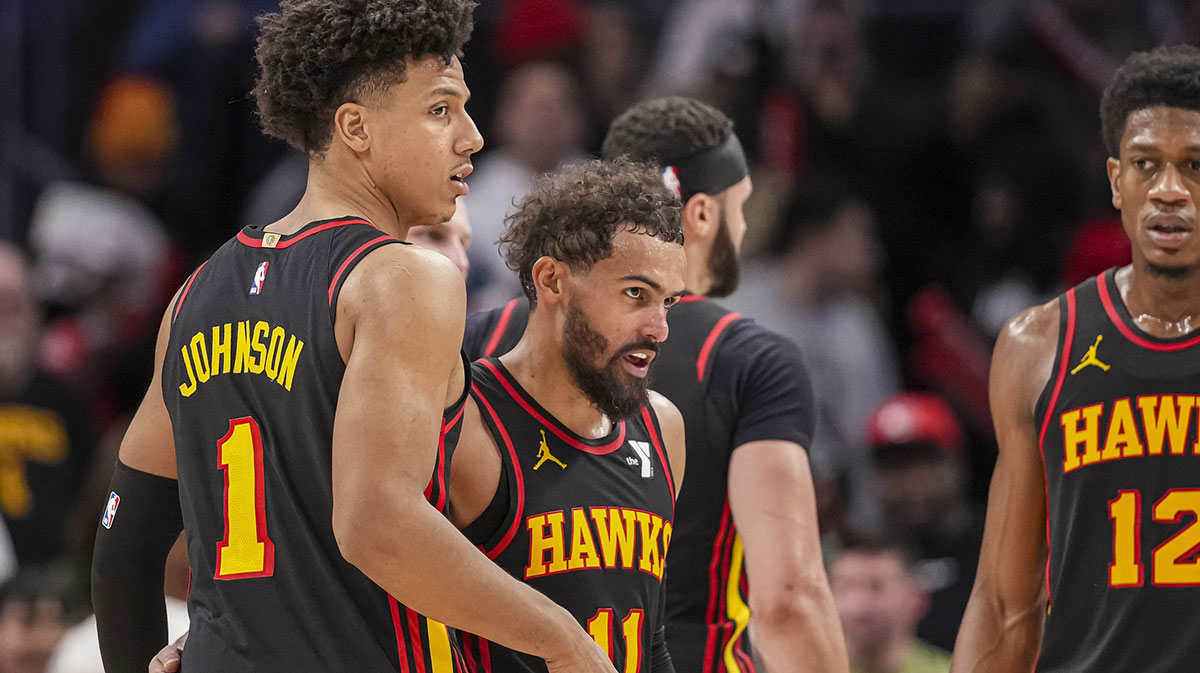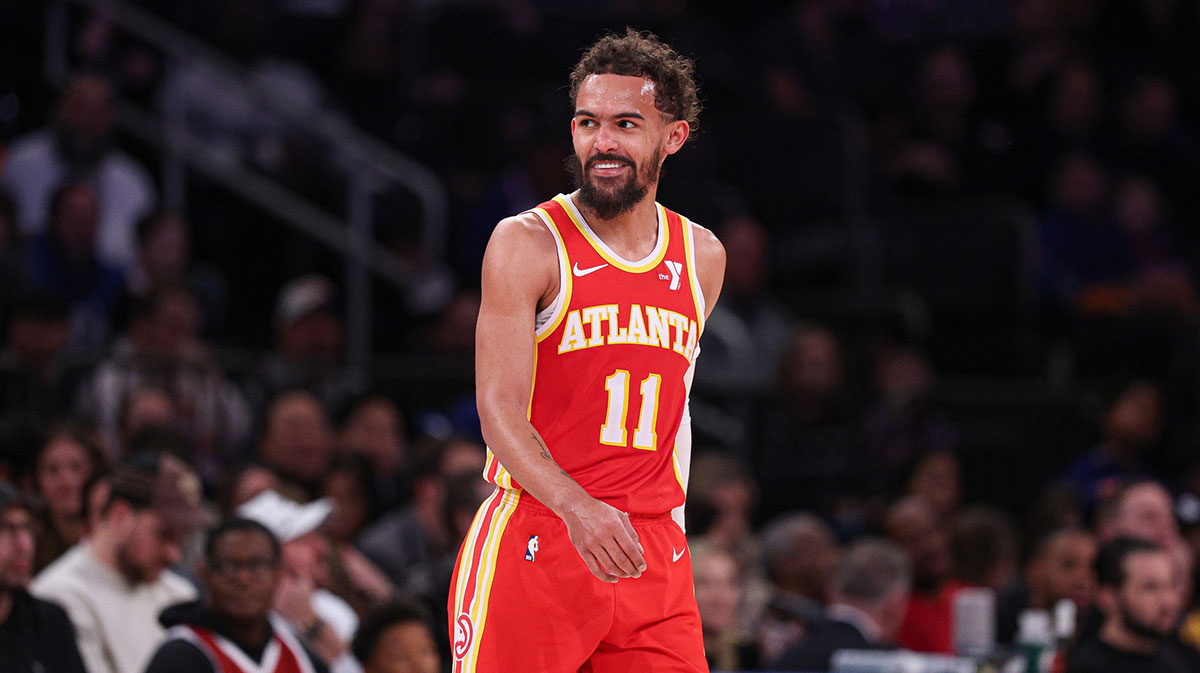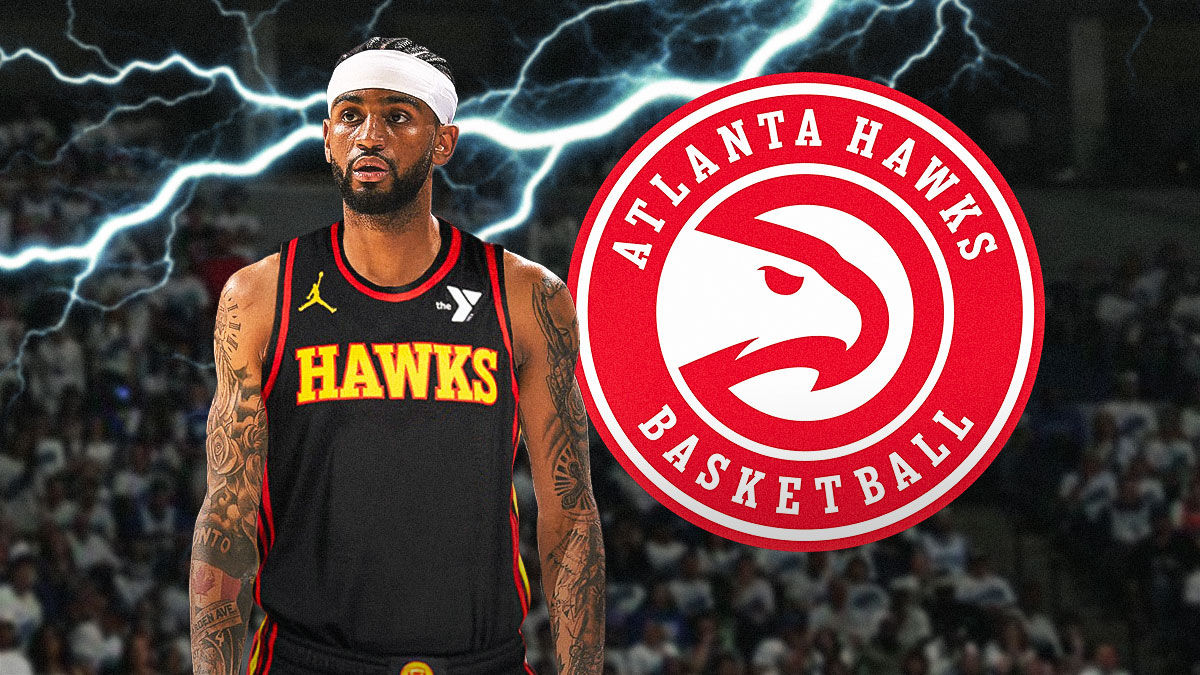The 2020 NBA Draft is a guessing game. There's no consensus best player or talent, most teams in the lottery don't have a bang-bang selection, and teams had to wait an extra five months to make their selections.
Should teams in the upper sixth of the draft take the best player on the board? Should a team trade up for a player they deem a franchise cornerstone? Is a trade down the safe play for lottery teams? Regarding the latter, a team's enthusiasm to trade down has to match another's for trading up.
All that said, here are three lottery teams that should be earnestly looking to trade down.
3) Minnesota Timberwolves

The T-Wolves have the first pick in the draft. They also have a bevy of young players, some making max-level money. Anthony Edwards makes the most sense in this spot, as he'd play in-between big man Karl-Anthony Towns and point guard D'Angelo Russell, who they acquired from the Golden State Warriors at the 2020 NBA trade deadline. At the same time, some of those young players are wings who have similar skill sets to Edwards.
There has been buzz about the T-Wolves taking LaMelo Ball. Why would they do that? They literally traded Andrew Wiggins and their 2021 first rounder to the Golden State Warriors for Russell, their presumed floor general of the future. A backcourt of Russell and Ball with a boatload of wings (2019 first rounder Jarrett Culver, Josh Okogie, and, if-resigned, Malik Beasley) and Towns would make for a puzzling offense. James Wiseman doesn't make sense either, as he plays Towns' position.
The T-Wolves would greatly benefit from another team visualizing one of those prospects becoming a star and them filling a void in their rotation.
You never want to trade away a draft slot this precious for the sake of fit. Edwards would be a respectable pick here, but they don't need him. Furthermore, you could argue that Edwards would be underwhelming in his rookie season given that he'd be head coach Ryan Saunders at-best third scorer. You draft a player for first overall to be a foundational player.
Trading back even a few spots allows Minnesota to take the best player on the board with a compelling NBA player coming with it and/or get back some of the draft capital they sent to Golden State in February.
2) Golden State Warriors

The Warriors get a healthy Stephen Curry, Klay Thompson, Draymond Green, Andrew Wiggins, and Kevon Looney back next season to join the likes of Eric Paschall, Damion Lee, and Jordan Poole. They don't need another star, which a team is looking for when they pick second, especially given the continuity this core has.
Wiseman makes the most sense for Golden State given that he's an athletic big man who wouldn't get in anyone's way and would be their day-one starting center. Why wouldn't the Warriors want him? They've won with mediocre center play, more specifically relying on speed and shooting, rather than being loaded at every position. The same logic applies to Obi Toppin, who has a compelling offensive skill set; they've won rings without dominant inside play.
Ball is best suited having the ball in his hands, and that won't happen in Golden State. You don't want to draft a ball-dominant player when you have Curry and Thompson. You also don't want the number two pick in the draft to become a reserve; that's a waste of resources.
Deni Avdija and Isaac Okoro could be savvy rotation players with go-to upside in a pinch for the Warriors. Is a project in the form of a rotation role worth the number two pick in the NBA draft? Embarking on such a project a few slots lower is a different story.
Trading down allows the Warriors to add either an emerging youngster or a proven commodity while matching need with value. Then boom: welcome back to contention and annoying the rest of the NBA. This prospect is too valuable to merely cave to the situation.
1) Atlanta Hawks

The Hawks have a plethora of tantalizing young players who, in some cases, have already blossomed into franchise players: Trae Young, John Collins, De'Andre Hunter, Cam Reddish, and Kevin Huerter. Atlanta acquired Clint Capela, one of the best centers in the NBA, prior to this year's NBA trade deadline. They already have a starting five and reliable six for next season; they don't need another high draft pick.
Now it's a matter of taking a collective step forward, as an encouraging 2018-19 campaign was derailed by a Collins suspension and defensive woes this past season. The Hawks have the talent to be a playoff team next season. Surely, they could add someone to play 15-20 minutes with the sixth pick. They could also do the same eight spots later in the draft.
In a draft where a double-digit amount of players are difficult to separate, Atlanta can nab a player in the 10-15 range and have that player be as an impactful to their operation as one they would take at six. It's not a knock on any of the players in this draft class, rather a testament to the competition they're putting up against each other to get off the board.
The last thing Atlanta wants is to draft the best player on the board at six and that player gets in the way of the youth they already have; that would be a disaster that likely results in head coach Lloyd Pierce getting the boot either mid-season or at season's end. When a deep-rooted nucleus is in place and few high-minutes roles are for the taking, trading back to corral an extra player is the prudent play when fit doesn't match value.
By trading back, the Hawks can get a young player on the rise and develop a player of their choosing with their newfound NBA draft selection. Their other option is packaging some combination of recent lottery picks, the six pick, and future selections for a star player. Maybe it gets Bradley Beal or Victor Oladipo next to Young? It's just some food for thought.

